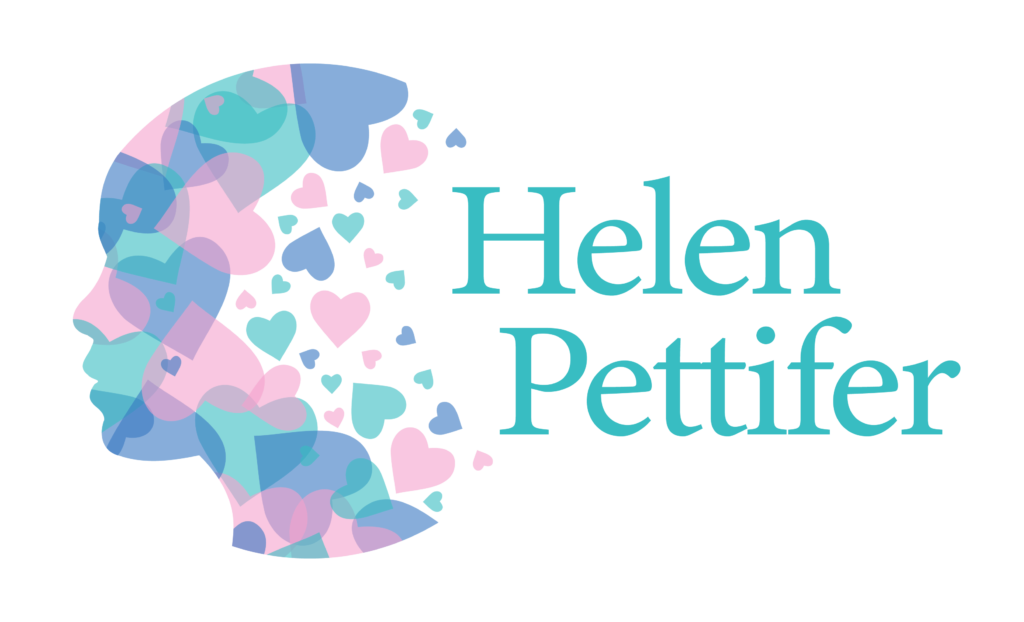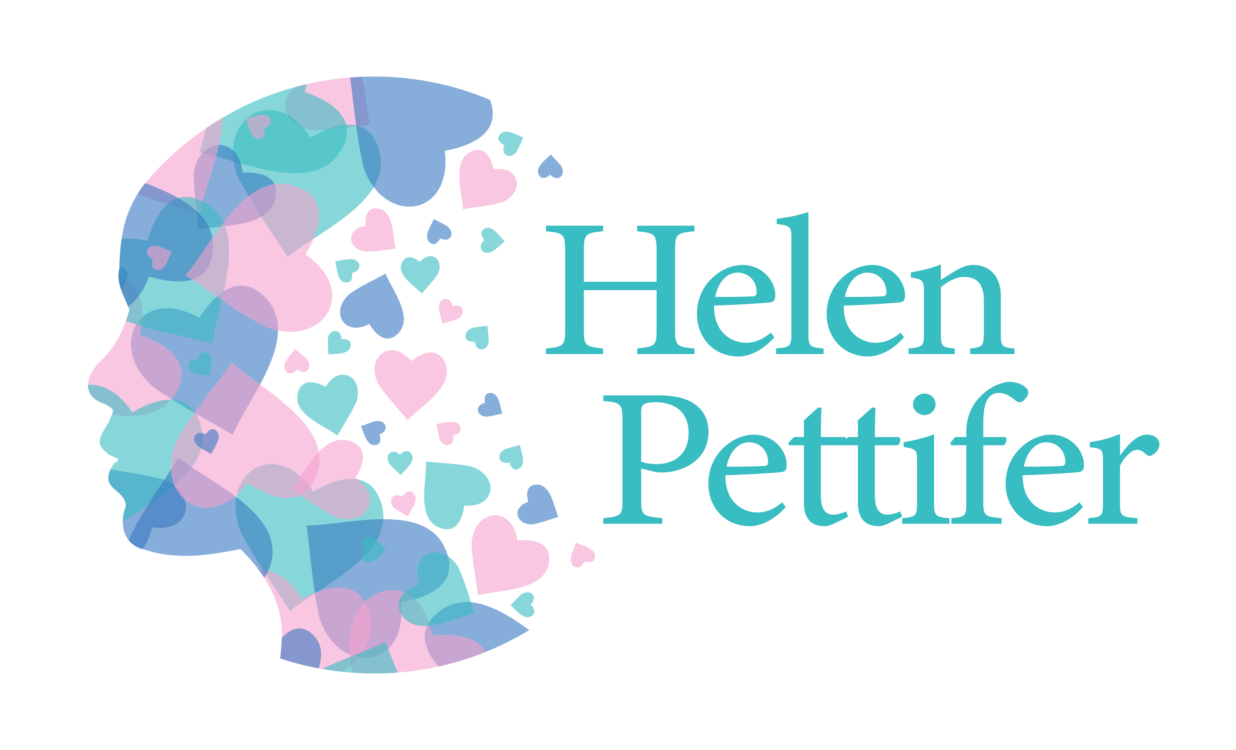How Can We Encourage Digital Engagement?
Digital skills have become an essential requirement for negotiating modern life. We are increasingly directed to book, apply, communicate, bank, shop, learn and work online. This brings many advantages, however, it also creates barriers for those lacking the skills, devices and connectivity to go digital. As organisations, how can we encourage digital engagement?
The Digital Divide
The Good Things Foundation has helped over 3.5 million people to gain digital confidence since 2010, through courses and access to a National Device Bank. Despite this, their research identifies that there are still around 10 million individuals lacking the basic digital skills that they need to thrive.
The reasons for not engaging are:
- 20% cost – devices and broadband are not affordable or are not a priority when allocating a tight household budget.
- 11% safety – they have concerns about who can access their data, spam emails and sharing information online.
- 21% lack of interest – this could be that they don’t believe it is relevant or useful to them or they lack the confidence and desire to get online.
Additional data is shown in the 2022 Good Things Foundation infographic, with the 2023 data due to be shared at the end of March.
Without access to the internet, emails and apps, or the confidence in how to use technology, these people are becoming increasingly isolated and vulnerable. It is therefore in everyone’s interest to make access to digital affordable, reassure them of privacy and safety measures and offer support to get online.
Bridging the Digital Divide
The Good Things Foundation works with community partners, global companies and businesses to give people what they need to develop digital skills. If your organisation is keen to encourage digital engagement, there are several ways in which you can support their cause:
1. They require donations of redundant, but serviceable technology: computers, laptops, tablets and phones. These are refurbished by a partner company, Reconome, to ensure they can be reliably used. If you have suitable equipment to donate, there is a short online form to complete.
2. They are looking for venues to build their community network which provides free digital training. Do you have a welcoming space, with internet access, that could be used as a supportive learning environment for local people? Find out more and join the network.
Providing Digital Support
Digital services are great for business. They can make things more efficient and convenient, whilst collating valuable data and insights. They enable businesses to be accessible to customers 24/7 and can bring considerable cost savings. It is, therefore, no wonder that digital options are being widely adopted.
There are, however, a few things to take into consideration when developing digital solutions:
- The customer’s perspective
- Reassuring and incentivising the use of digital services
- Maintaining alternative options for those who aren’t digitally engaged
Considering the Customer’s Experience of Digital Engagement
User experience (UX) is a vital part of the development of software and applications. It means focusing on the end users and their needs. Is the technology accessible and intuitive to use? Does it lead to the customers’ desired outcomes and do they feel positive when using it?
UX is dependent on thorough research and user testing. Sometimes, these are overlooked or only draw on a small pool of individuals. To encourage engagement, this research and testing have to be inclusive. Those with limited digital literacy should be part of the development process. More information on this is shared in an insightful Brain Hub article*.
I was also interested to read a British Council report** stating that women are greatly under-represented in the development and deployment of tech. This has resulted in a lack of solutions that consider life from a woman’s perspective. Can we make digital more relevant and useful by employing more women in tech development and testing?
Reassuring & Incentivising the Use of Digital Services
When inviting customers to book, apply or buy online, be open about the measures you have in place to protect their information and privacy. Let them know you take online security seriously. That also means not bombarding them with emails once they’ve signed up.
Consider the benefits to the customer, as much as to your organisation; they need to see the value of it. Ensure that your processes make going online of value to the customer. Can they expect a prompter service or genuine discounts?
Maintaining Alternative Options for those who aren’t Digitally Engaged
If the majority of customers are willing to adopt digital, it should free up time to provide alternatives for those who aren’t. This could include in-person and telephone services, accepting cash payments or sending out paper documents.
You might also signpost customers to local organisations that can support them with online-only actions or learning digital skills. Find out what is on offer:
- At your nearest library – many have computers that can be used by the public, along with people that assist. Some offer digital courses to develop skills.
- Through Adult Education courses – basic digital courses are often funded by councils, so they are provided for free to those with low digital literacy.
- In local community groups – village halls and community centres are often a hive of activity. This might include weekly courses or digital drop-in sessions.
Accessing Digital Services
In a digital age, a lack of skills will hinder access and opportunities. Unless we offer support and alternatives, this can push individuals into vulnerable circumstances. Have you recently asked customers about their experience of using your online services?
If customers experience issues with accessibility, you might be interested in my Guide to Accessing Digital Services. This free resource highlights the issues faced by many customers and outlines web accessibility standards.
* https://brainhub.eu/guides/ux-in-software-development
**https://www.britishcouncil.org/sites/default/files/gender_equality_an_empowerment_in_the_uk.pdf
About the author.

Helen Pettifer FRSA.
Helen Pettifer is Director of Helen Pettifer Training Ltd and a specialist in the fair treatment of vulnerable customers.
She has a background in call centre management and is committed to customer service excellence. Her training ensures front-line staff gain the awareness and resources to confidently identify and respond to signs of vulnerability.
Helen Pettifer is a British Standards Institution (BSI) associate consultant for BS 22458: 2022 Consumer Vulnerability, a Mental Health First Aider, a Suicide First Aider, a Dementia Friend, and a Friends Against Scams Champion. Recognised as a changemaker, she was invited to become a Fellow of the Royal Society of Arts in 2022.


